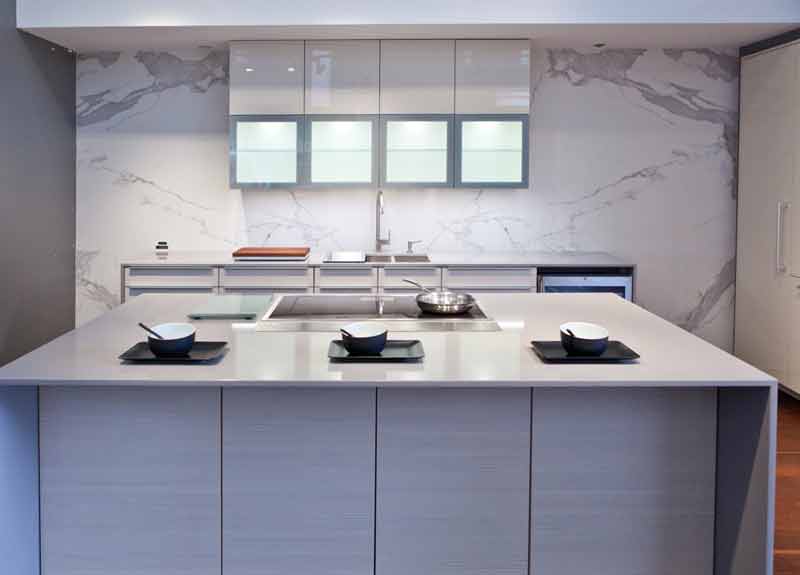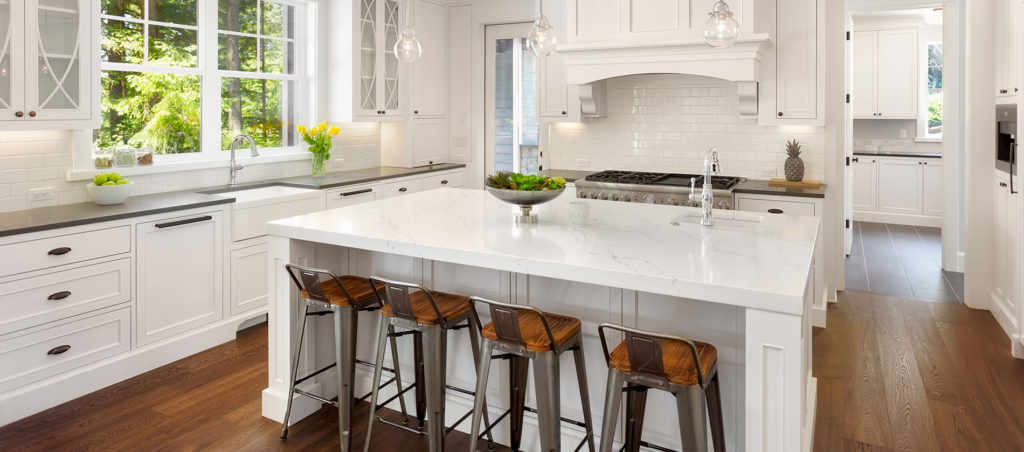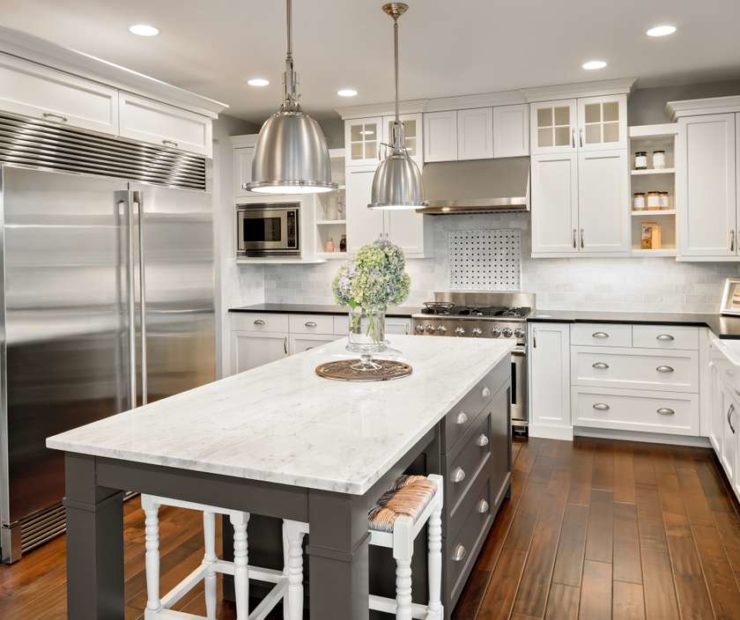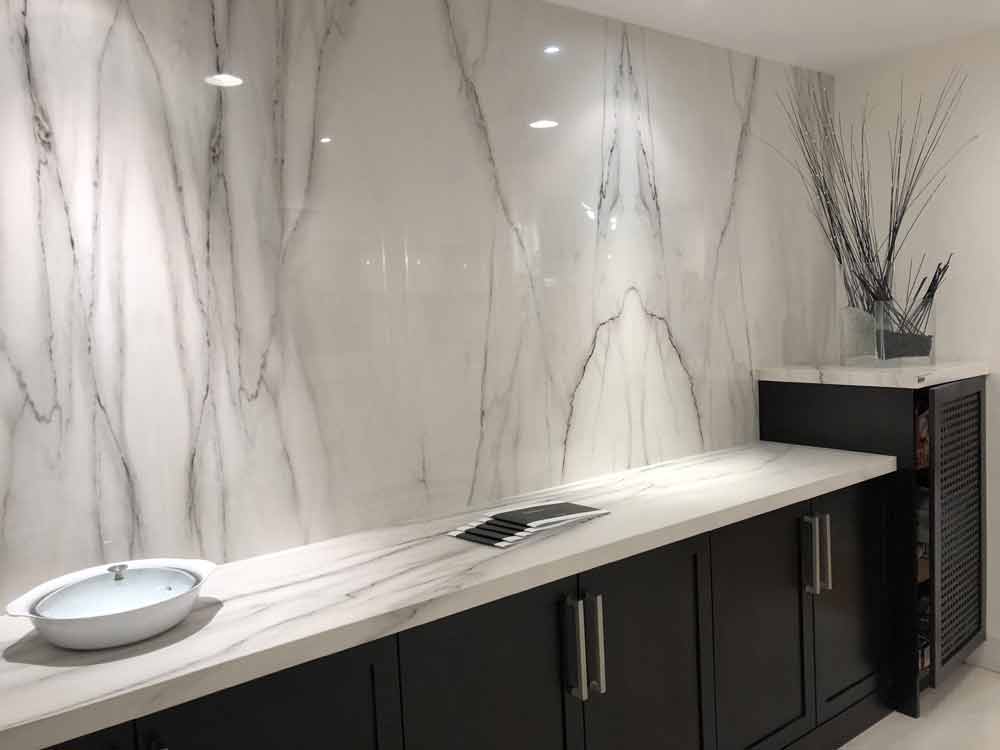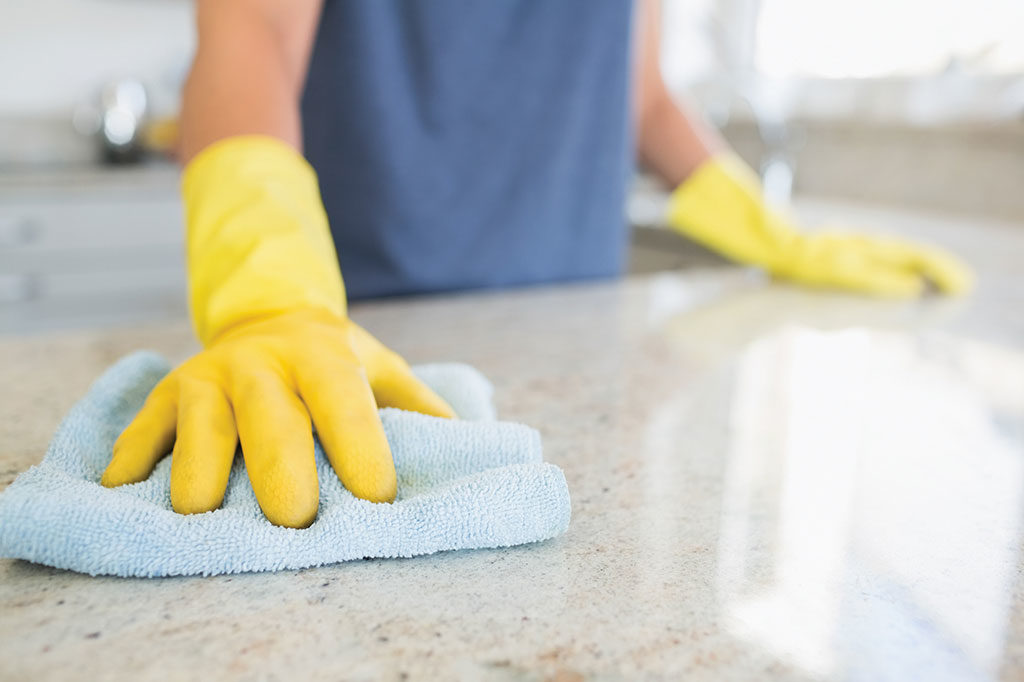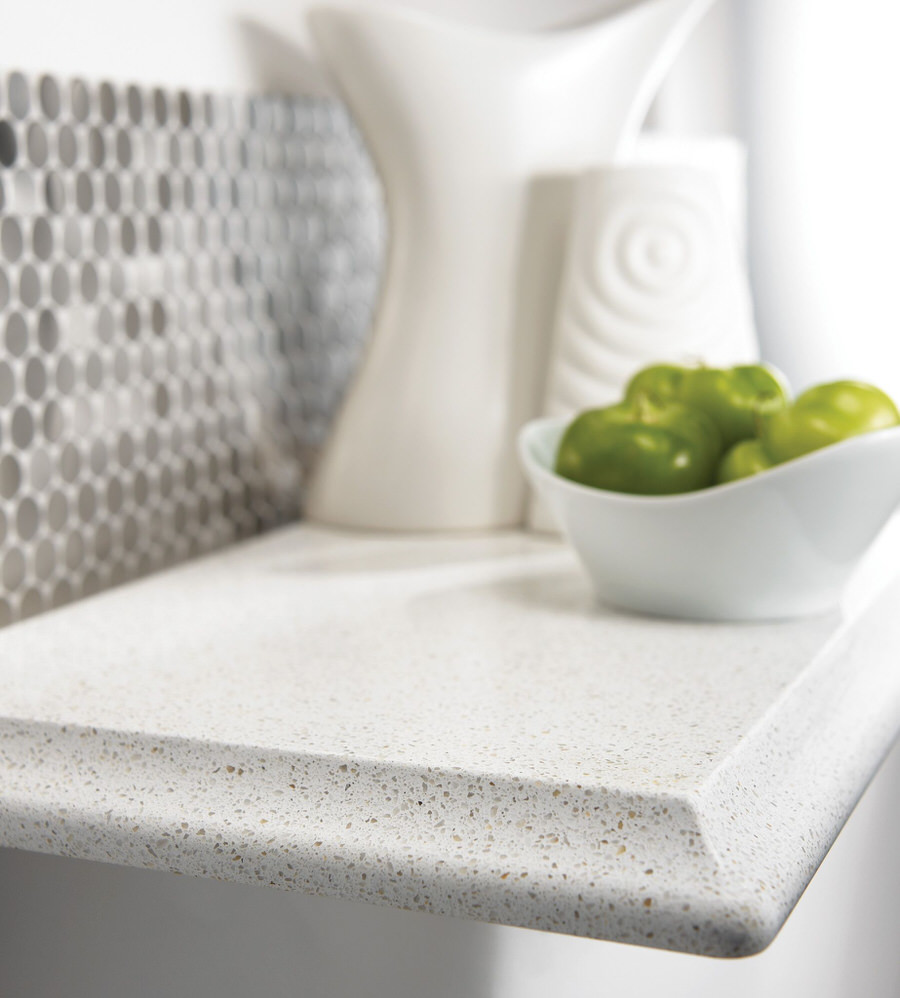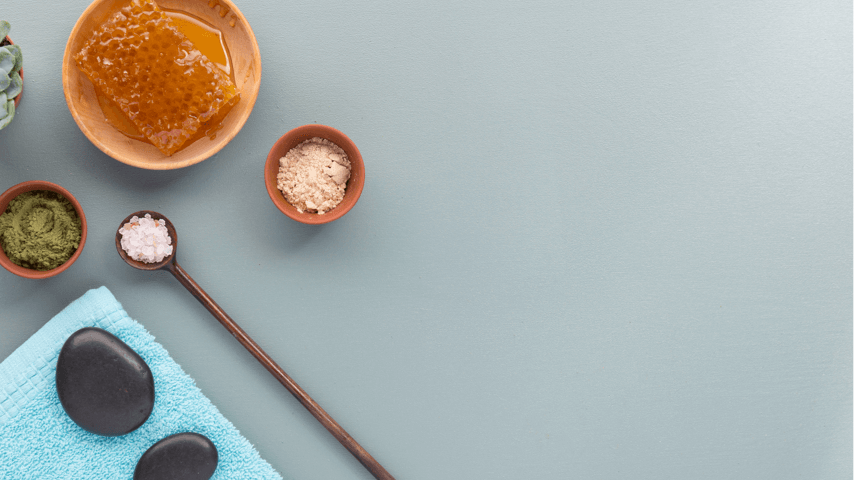The key to a longer life of your countertop is proper cleaning and maintenance. Even if the material displays extreme strength and hardness, still you need to observe proper caution and care to maintain its beautiful features.
Cleaning the surface of a porcelain countertop is straightforward and quick. Here are some of the important cleaning tips you need to observe for porcelain countertops:

You can use neutral liquid soaps or detergents to sanitize its surface. This process will further enhance the sanitary function of porcelain countertops.

Make sure to use non-abrasive wipers or cloth in order to avoid scratch marks and reduction of luster.

After wiping it first with soap solution, make sure to rinse it off with water and wipe dry with a clean microfiber cloth.

For spills, you can just use hot water for cleaning and then wiping it off with a clean cloth.

Even though porcelain slabs have enough resistance against acidic liquids, still avoid spilling it off the surface to avoid decreasing its luster.
